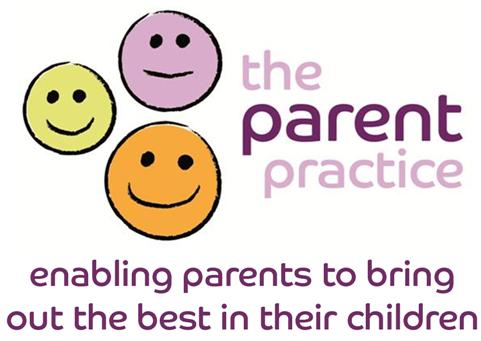
Rules for the Digital Jungle
Elaine Halligan, Director of the Parent Practice, offers some expert advice for parents on how to manage screentime this summer.
When the summer holidays begin we are excited about the thought of no nagging about homework, longer days to play in the garden and the fact that we are not such a slave to the clock. However the first flush of enthusiasm can quickly die away with the realisation that our children may be spending too long on screens and we are using them as a digital babysitter.
You may be wondering: “How much screen time should my children be having?” and “How do I control my children’s screen usage?” Managing screens is not about coercion and control as that can only lead to long-term problems. The answer lies in connection and communication.
If you think about keeping your kids safe around a swimming pool we can protect them from falling in by putting up fences and setting alarms and using padlocks and banning them from going near, but the most important thing to do is to teach them how to swim.
The same is true for screen safety. The more we nag and shout and blame and criticise and forbid and take away and threaten, the more children will push back and try and regain control. Children do need limits and boundaries and we also need to remember that our control is to teach them self-control.
Here are some top tips to helping then find their way through the digital jungle
- Think. Begin with the end in mind. What is the ultimate destination? To encourage children to feel in charge of technology and use it responsibly, as opposed to technology being in charge of them.
- Decide. You need to decide what, where, when, who and how much.
- How much time? We know that when parents set limits on media consumption, children consume less media than those who have no limits. The consensus amongst professionals is no screens before age of 2 years but after that it gets a bit vague with many experts now being less concerned about amount than type of use. But it’s also about what else you need to do first - eat, sleep, play or practice.
- When can they play or surf or game? This depends on your family schedule but not during the hour before bedtime as screen-usage interferes with sleep.
- What sites/apps? Watch out for the parental guidance certificates and if you are not ready for your child to smoke or drink or drive why would we think they are ready to use Call of Duty or Grand Theft Auto which are rated 18? Refer to media sites like www.commonsensemedia.org
- Where? Do keep internet enabled devices in a common place where you can monitor them. And have a drop zone where the devices can stay and recharge when they are not being used and always out of the bedroom at night.
- Involve. Include the children rather than imposing the rules from on high! Including them shows you are interested in their views; it is respectful to seek their opinion. It works best with children over 8 if you outline what your values are and acknowledge what they would like at the outset. Then ask how you can accommodate both sets of needs. They will probably have some good ideas. They won’t like all the rules – empathise with that and reiterate why you need to have them.
- Write it down. I guarantee you will forget the rules and by writing them down it depersonalises them. Then you have a contract, with both sides needing to respect and abide by it.
- Keep it positive. Don’t have negatively-phrased rules such as “no mobiles upstairs” or “no gaming after 7pm” but rather “mobiles are used downstairs” and “you can game after homework and before 7pm.”
- Follow through. Often we start by thinking of what we should do when they mess up! But really we should be deciding what to do when they get it right. Adults rarely notice when children get things right. Do comment when they follow the screen rules. The positive consequence of following the rules is earning the right to use screens again.
- Model good habits. Be aware that if your own phone is surgically attached to your hip 24/7 and you are making calls at the dinner table, and taking your phone to bed, it can be hard for the children to accept your rules. You need to model your own values.
***

The Parent Practice (www.theparentpractice.com) is an organisation delivering practical solutions to enable parents to bring out the best in their children. The London director of The Parent Practice, Elaine Halligan has been a parenting facilitator and coach since 2006, leading hundreds of parenting classes and giving private consultations. Her goal is to enable parents to bring out the best in their children, unlocking their potential. Through teaching pragmatic skills and strategies, she helps parents find the holy grail of parenting: keeping calm.
Elaine can be contacted on 020 8673 3444





 Originally Released On 11 July 2017
Originally Released On 11 July 2017